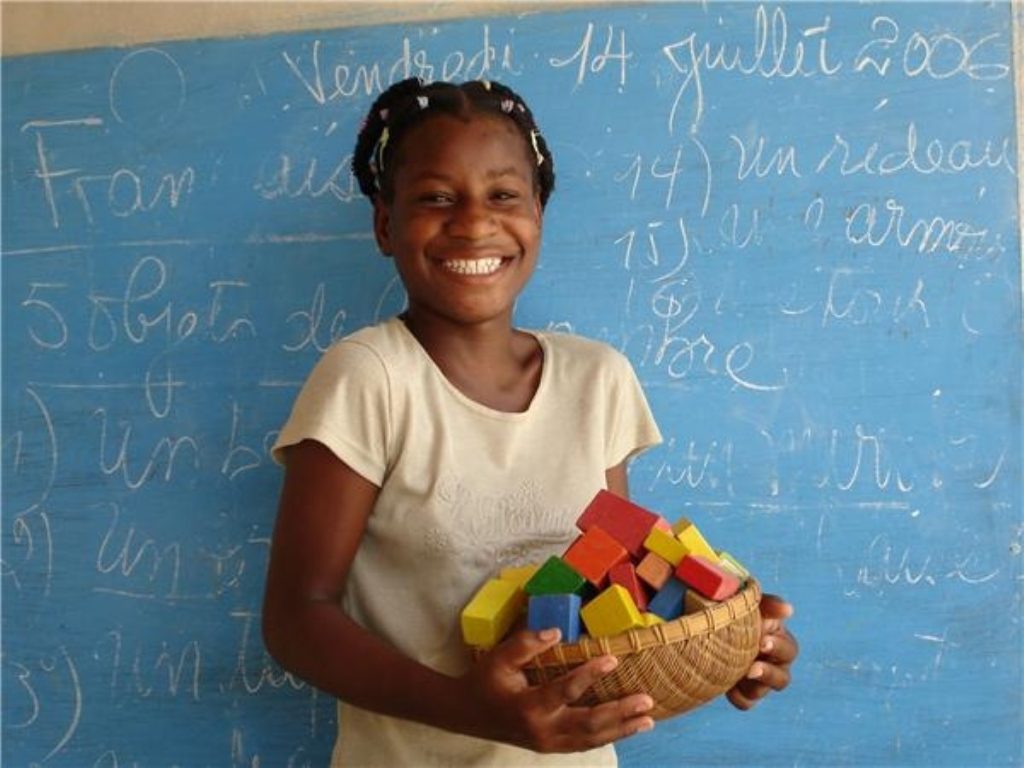Brown calls for more overseas education funding
Rich nations must boost their overseas aid for education or UN targets to educate all children by 2015 will be missed, world leaders heard yesterday.
The chancellor Gordon Brown warned that the world is on course to miss ambitious targets for all children to be enrolled in primary school by 2015 and called for an additional $11 billion of aid each year over the next ten years.
The UK is pledging to spend £8.5 billion ($15 billion) over the next ten years. Yesterday Mr Brown announced this will include £500 million over the next ten years to support government-led education plans in Tanzania and Ethiopia.
To meet the UN target of completing six years of primary education, children must be enrolled in school by 2009. With two years to go, a one-off summit was held in Brussels on Wednesday to raise awareness.


Mr Brown insisted: “We can be the first generation in history to send every child to school. We will work with every country, charities and international organisations to achieve this goal”.
The chancellor attended the conference with the international development secretary Hilary Benn. The pair met with finance and international development ministers from across the EU, G8, Gulf and Arab states, and also representatives from the UN, NGOs and private sector.
Mr Benn said governments needed the security of long-term aid commitments to plan their education spending over the coming years.
“This morning millions of boys and girls weren’t where they should have been – in a classroom, with a desk and a teacher,” he said. “That’s why the UK is committed to spending £1 billion on global education every year by 2010.”
Charities welcomed Mr Brown’s statement. The Campaign for Female Education (Camfed) said it was “fantastic” the chancellor had thrown down the gauntlet, arguing investment in education is the “foundation” to eradicating poverty.
It is “to be welcomed” that the UK government has “taken the initiative”, Camfed executive director Ann Cotton said.
African governments have responded to international calls to produce fully-costed education plans, she explained, and rich nations must now fulfill their commitment and release sufficient aid.
Developing nations do not have the means to improve education without international investment, Ms Cotton added, calling for an international partnership with “energy, political will and investment”.
International organisations must also ensure money is well spent, Ms Cotton continued, with transparency and accountability. Key to increasing participation is creating a sense of entitlement, she argued. To this end, people must know of education schemes and demand access.
While welcoming the ambitious Millennium Development Goals, Camfed further campaigns for greater access to secondary education, arguing this helps increase participation in primary education and reduces the number of very young women having children in poverty.
Funds are needed to recruit 1.6 million more teachers in Africa alone, as well as building classrooms and providing basic materials.
In 2005, rich countries agreed to increase international aid by $50 billion a year to meet UN poverty targets.
The UN estimates 77 million children are still not in any form of schooling, the majority of which are girls.
This compares to 95 million in 2000, but on the current rate of progress at least 75 countries, mainly in sub-Saharan Africa, will not achieve the Millennium Development Goal.
Africa is the worst affected continent, with 38 million children out of school. India, Nigeria, Pakistan and Ethiopia have the largest concentration of uneducated children.









